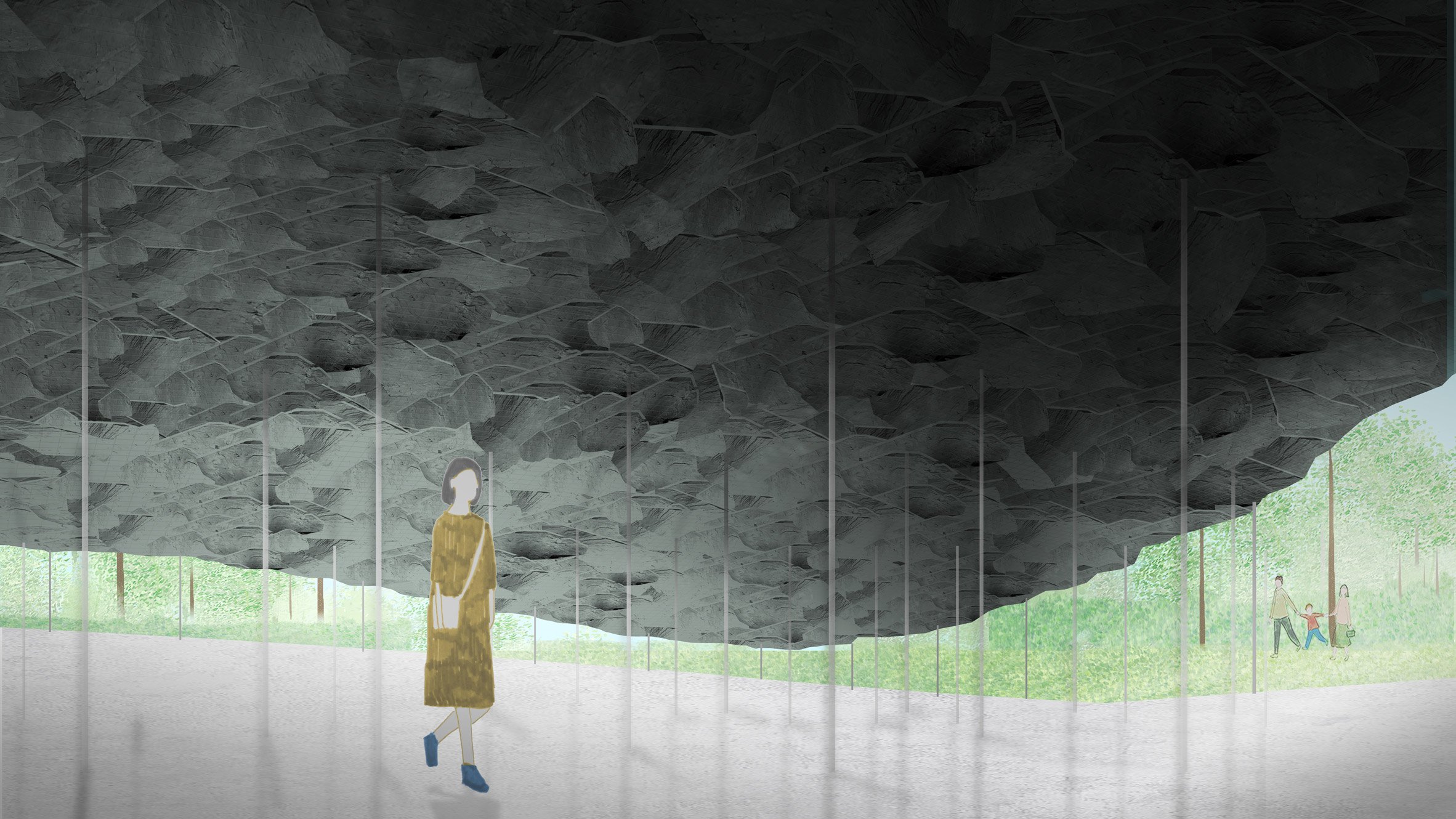Community, Leadership, Experimentation, Diversity, & Education
Pittsburgh Arts, Regional Theatre, New Work, Producing, Copyright, Labor Unions,
New Products, Coping Skills, J-O-Bs...
Theatre industry news, University & School of Drama Announcements, plus occasional course support for
Carnegie Mellon School of Drama Faculty, Staff, Students, and Alumni.
CMU School of Drama
Tuesday, March 26, 2019
Architects who don't pay interns "shouldn't get prestigious commissions" like the Serpentine Pavilion
www.dezeen.com: Architects who rely on free labour should be banned from high-profile projects like the Serpentine Pavilion says designer Adam Nathaniel Furman, who first revealed unpaid internships at this year's pavilion architect Junya Ishigami.
Subscribe to:
Post Comments (Atom)

3 comments:
The role of an intern is one that I have thought a lot about. Even in a world when a company takes on interns responsibly, meaning the company can run itself without interns, but the interns are invited to learn and to contribute to the company’s work, I always feel as though there is lack of recognition that interns truly do provide. When managed properly, interns can be an invaluable work force that can allow for the company to do even more work, more efficiently. In this case in particular, the interns are not only unpaid, but required to provide their own resources such as computer equipment and software, as well as asked to work 78 hours per week. These requirements are not even acceptable if they were being paid a fortune to be quite honest. These students must have done a formidable amount of work in the hours they were in the office, and they were likely given little to no credit in a highly celebrated piece of architecture. It worries me that this is norm for so many companies in the industry, but I have hope that Furman will shed a light and open the conversation on this deplorable practice and catalyze change.
Unpaid internships, in my opinion, are very dangerous, and need to stop existing yesterday. Our industry of technical theatre is especially guilty of perpetuating these. Looking around the theatrical internships offered in my hometown of Atlanta, not a single one paid anything at all. This leaves me extremely strapped for options when it comes to staying at home. Unfortunately this means that I will likely not be doing theatre this summer. This brings me to another major problem of a large portion of theatre professionals, communication. It took me approximately one month for someone at a particular theatre company to even answer one of the questions I asked, and I asked significantly more than one question, most of which have still gone unanswered two-plus months later. I also have not received any sort of confirmation that other theatre companies have received my application to work with them, three weeks later.
Having just gone through the process of finding an internship for this upcoming summer, unpaid internships always blew me away. Personally, if you are expecting someone to do any amount of work for free, chances are you are either taking advantage of them, or you are just being lazy and you could do the work yourself. I completely agree with this article that architects need to be held more accountable for their interns and treat them as a colleague, and not as free labor. I had never thought about architects who depend on unpaid interns to complete high commissioned projects like the Serpentine pavilion. Personally, I think if you really need someone to get an important project like that complete, then that person deserves to be paid for their work. I understand that money can be tough, especially if you are working freelance, but even a stipend would go a long way in the eyes of an intern.
Post a Comment